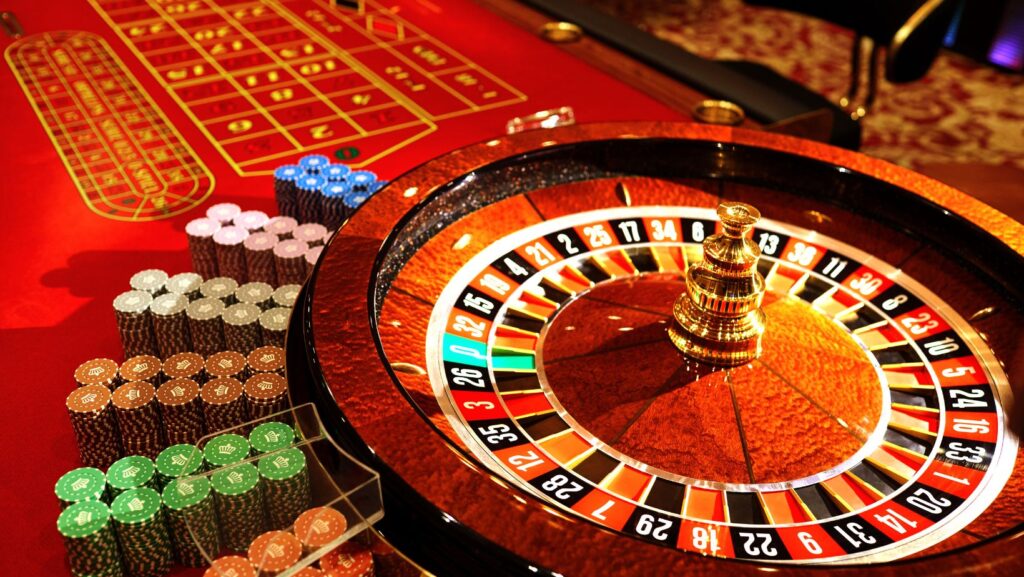In the last three decades, the way people seek entertainment has changed profoundly. Where families once gathered in physical spaces—parks, game nights, or community centers—digital innovations have introduced a new kind of shared experience. For some, that means online board games or streaming movies together. For others, the world of online casinos has become a place to connect, compete, and unwind in ways that blend tradition with cutting-edge technology.
The Early Days of Virtual Play
When online casinos first appeared in the mid-1990s, they were basic in both design and function. Graphics were pixelated, sound effects were repetitive, and game selections were limited to simple versions of blackjack, poker, and roulette. The focus was more on making games functional over the internet than on creating a truly immersive environment.
Yet even in those early days, the appeal was undeniable. For many, these platforms offered accessibility—no need to travel long distances, navigate busy environments, or follow strict opening hours. Just as parenting forums and educational blogs created communities of shared experiences, early virtual casinos began fostering their own unique sense of belonging among players.
Technology’s Leap: More Than Just a Game
By the 2000s, faster internet connections, improved computer graphics, and secure payment methods sparked a rapid transformation. What was once a static experience became dynamic, with richer colors, more fluid animations, and games that could adapt to different skill levels. Players could chat in real-time, join tournaments, and enjoy a growing library of options.
It’s in this era that platforms like WinMaker casino entered the scene, bridging the gap between the traditional casino atmosphere and the convenience of playing from home. They exemplified a shift toward making online casinos feel more like a night out with friends—minus the travel—while also introducing features like live dealer games that blurred the line between digital and physical play.
The Rise of Live Dealer Experiences

One of the most revolutionary changes in online casinos has been the introduction of live dealer games. Instead of interacting with computer-generated cards or roulette wheels, players now connect to human dealers through high-definition video streams. This change resonates with a broader human need: authentic interaction.
Live dealer games offer:
- Real-time conversation with professional dealers.
- Visual cues and gestures that mimic in-person gaming.
- A shared table experience with other players around the globe.
- A sense of trust through transparency—you can see every card being dealt.
These features echo developments in other digital spaces—such as online education—where live, face-to-face engagement fosters deeper connections.
Social Connection in a Digital Space
The shift to more interactive and socially engaging platforms reflects a larger trend in how people use technology. From virtual classrooms to group wellness sessions, and from multiplayer games to online casinos, the common thread is the desire for connection.
In fact, online casinos have quietly evolved into micro-communities. Players often return to the same dealers, engage in friendly banter with familiar screen names, and even celebrate wins together. It mirrors the way parents might recognize each other at the same playground or how regular attendees at a community event form lasting bonds.
A Comparison: Past vs. Present
| Feature | Early Online Casinos (1990s) | Modern Online Casinos (2020s) |
| Graphics & Design | Basic, pixelated | High-definition, realistic |
| Game Variety | Limited to a few classics | Hundreds of diverse titles |
| Social Interaction | Minimal chat boxes | Live dealers, video chat |
| Accessibility | Desktop only | Mobile, tablets, VR options |
| Payment Methods | Few, often slow | Multiple, instant options |
Balancing Fun, Responsibility, and Well-Being
While technology has brought remarkable improvements, it also raises important questions about balance and well-being. For parents, educators, and community leaders, the conversation often turns to how digital entertainment fits into a healthy lifestyle—both for themselves and their children.
Online casinos, much like video games or social media, require mindful engagement. Responsible gaming initiatives, self-imposed limits, and awareness campaigns now form an essential part of the industry’s framework. Many platforms even provide tools to help players track their time and spending, reflecting a shift toward greater social responsibility.
Looking Ahead: The Future of Digital Play
The next frontier may involve even more immersive technologies—virtual reality tables, holographic dealers, and AI-driven personalization that adapts games to a player’s mood and history. As with all digital innovation, the challenge will be to ensure that these advancements remain tools for connection and enjoyment rather than sources of isolation or excess.
In many ways, the evolution of online casinos mirrors changes in other areas of life: the blending of convenience with authenticity, the expansion of choice, and the search for meaningful interaction in a fast-paced world. Whether it’s a parent joining a virtual parenting group, a student attending an online class, or a player enjoying a hand of blackjack with a live dealer, the goal is the same—to feel a little more connected, even when the connection happens through a screen.
